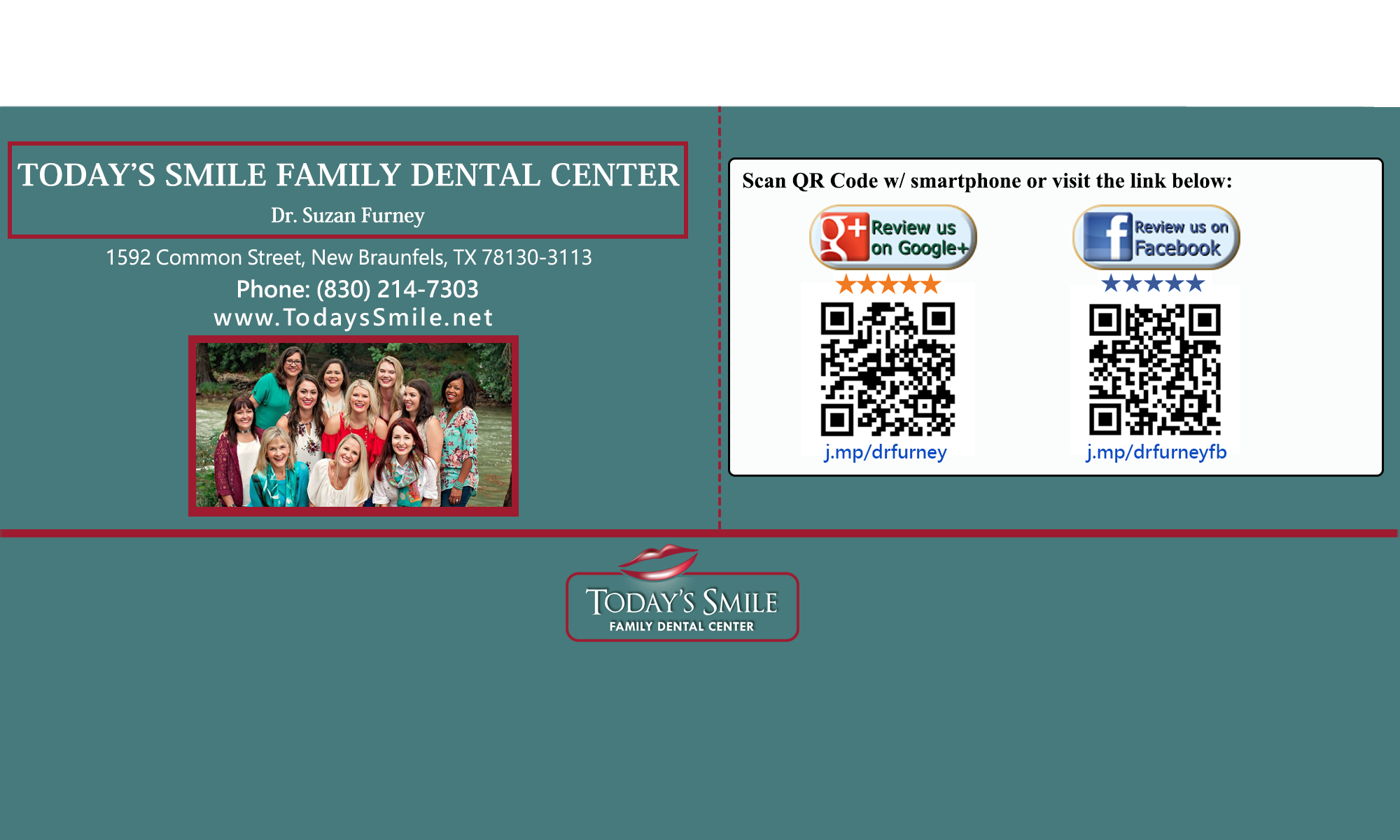While local anesthetics are often used in dental treatment, there is sometimes a need for anti-anxiety agents – such as nitrous oxide – or sedatives to help people relax during dental visits.
Dentists may use these agents to induce “minimal or moderate sedation”.
In this case, the patient reaches a relaxed state during treatment but can respond to speech or touch.
Sedatives can be administered before, during or after dental procedures by mouth, inhalation or injection.
More complex treatments may require drugs that can induce “deep sedation”.
This reduces consciousness and causes a loss of feeling which helps to reduce both pain and anxiety.
Sometimes patients undergo “general anesthesia” where the drugs lead to a temporary loss of consciousness.
A dentist may recommend deep sedation or general anesthesia for certain procedures with children or with adults who have severe anxiety or for people who have difficulty controlling their movements.
While these techniques to control pain and anxiety are used to treat tens of millions of patients safely every year, its important that you let your dentist know anything that might affect your ability to benefit from them for example, tell them about any illnesses or health conditions, whether you are taking any medications and if you’ve had any problems with allergic reactions to medications.
